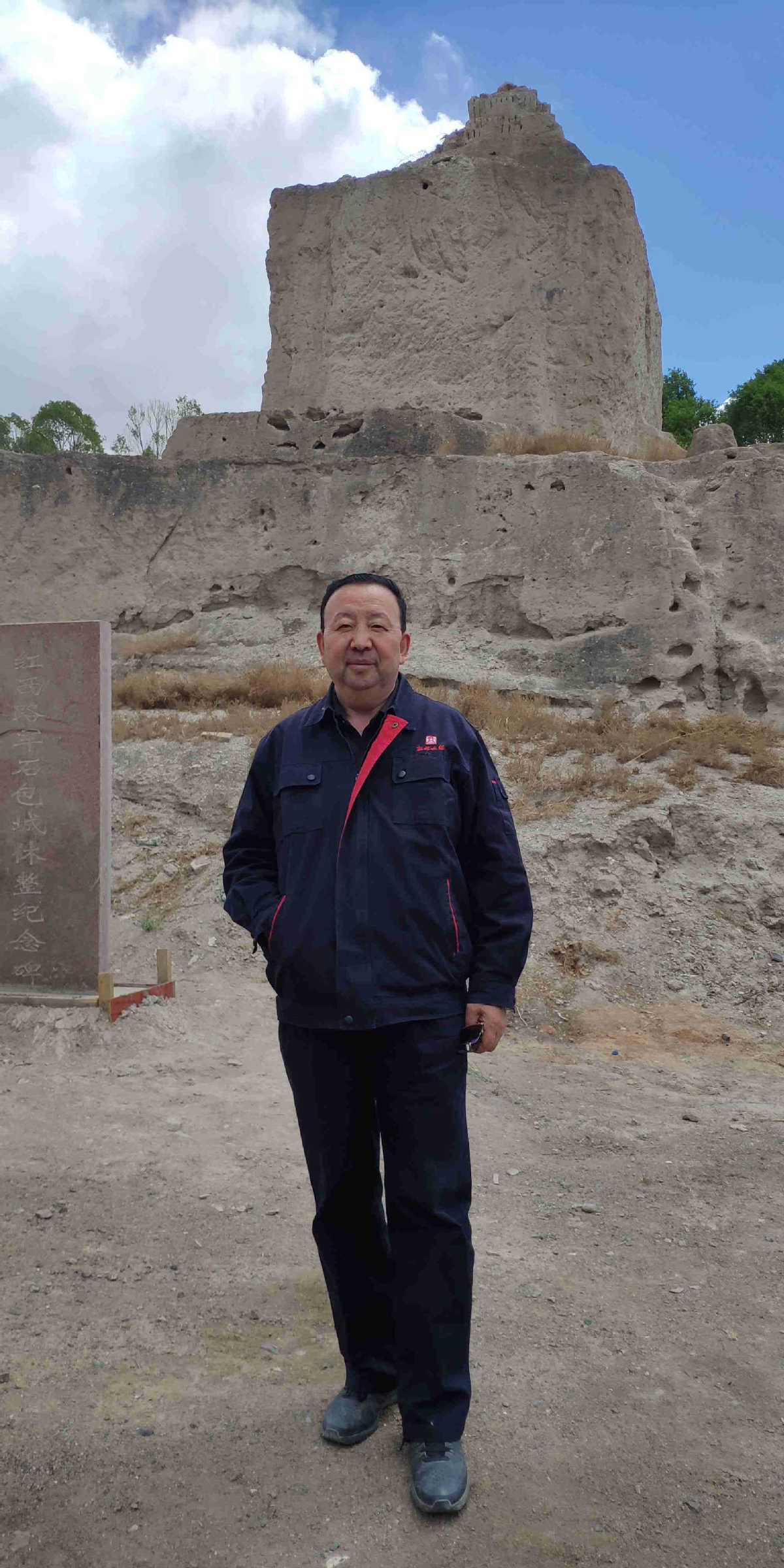Guarding relics easier than keeping staff

Song Zizhen stands at the caves. CHINA DAILY
"Drinking water was also a problem since the nearby river is often dirtied by mudslides, so we had to renovate the water processing facilities," he added.
The staff members withstood these harsh conditions for decades, attempting to preserve Yulin's exquisite murals, which extend over 5,200 square meters, and the 257 painted sculptures in the 43 remaining grottoes.
"Before 2007, fewer than 3,000 tourists visited our caves each year," Song said.
He worked closely with restorers to reinforce the cliffs and restore the statue, filling in missing pieces using modern techniques. "Preventing water seepage to stop the murals from peeling off is a slow process," he said.
"After those problems were resolved, the murals could be restored to their original appearance."
From the 2010s, visitors began to arrive in droves. In recent years, Yulin Caves have received between 70,000 to 80,000 tourists a year, with hundreds also flying in from abroad.
Living conditions for employees have also improved. Song said he was able to get a four-story workstation with an area of more than 4,600 square meters built near Guazhou through self-funding.
"The workstation is somewhere for our employees to hang out after work," he said. "It has fully furnished apartments, office space, living rooms and dining areas.
"It seems to me that research shouldn't mean researchers going to the grotto every day on field study, when they could live better while getting their jobs done at the same time."
The 60-year-old is retiring this year, but he has concerns about the future of Yulin Caves.
"Although the infrastructure has been improved over the past decade, and there are now more than 60 researchers working there, it's still hard to retain talent," Song said. "Younger researchers usually stay for three years and then leave for a variety of reasons."
Song said that the protection and tourism development of Yulin Caves, together with building up a talented team, have become the main focus of their work over the years. However, their weakness at retaining talent has become more obvious in the last few years when compared to the achievements made in protecting the caves themselves.
"In the future, I hope we can find better ways to attract, train and retain more talented workers," he said.





 Print
Print Mail
Mail
